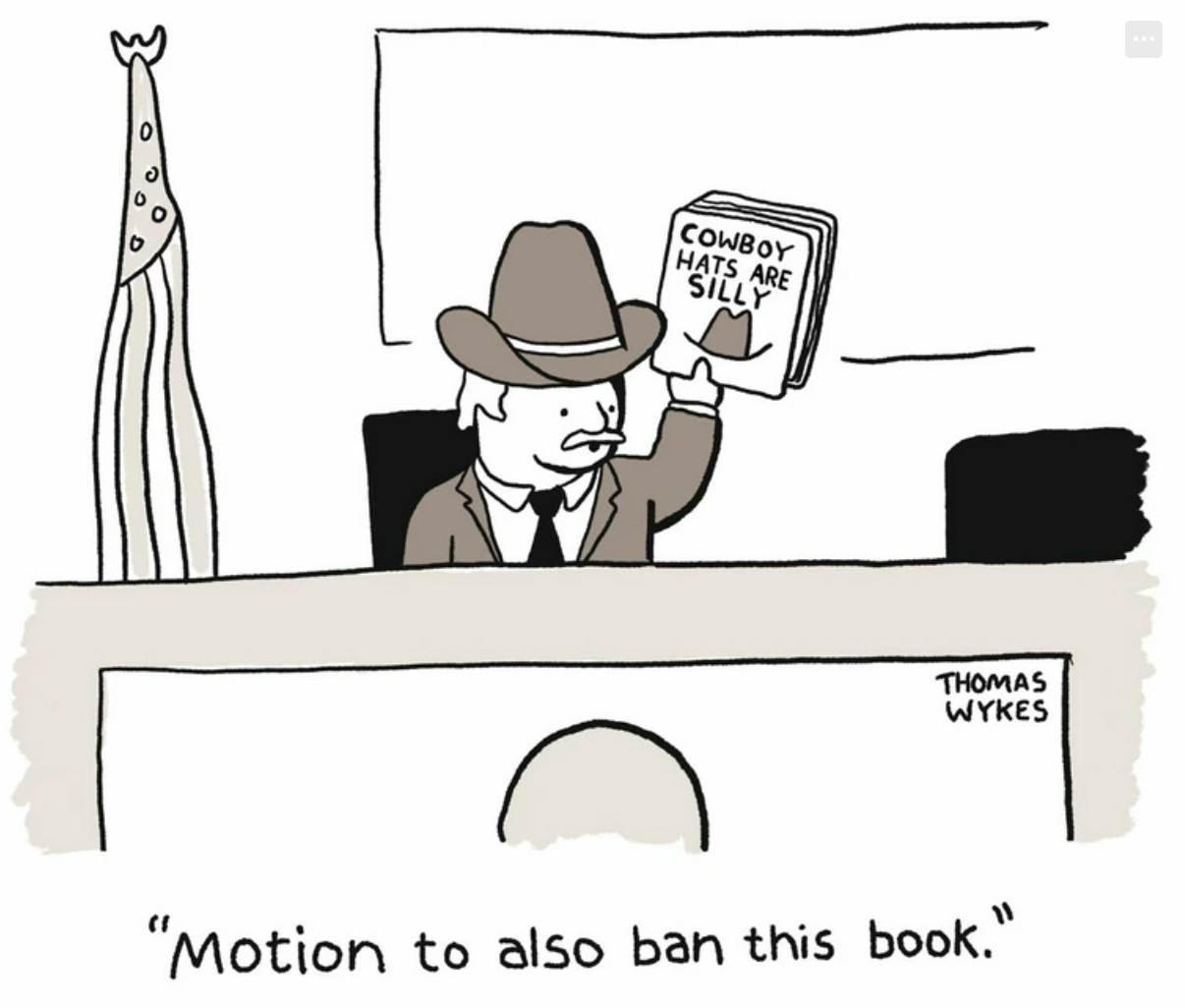I know I promised a final piece on how the Ummo hoax led directly to the Edelweiss cult in Spain, a cult that programmatically abused children for over a decade. It’s an ugly story, and we’ll get to it in another post, but today I’m sorry to say I want to get back on my rambling soapbox.
[Side note #1: I picture my soapbox very much like a soapbox derby vehicle that trundles along, gaining speed from pure momentum, until it crashes in a glorious spectacle.
Basically, a lot less this:
And a lot more this:
So keep reading to rubberneck my demise!]
A Demoralized Population
Today, I want to chat about something that’s just been nagging at me. it’s a little hard to pin down, but basically it amounts to this: Our society both nationally and globally is as advanced as it’s ever been. Scientifically and technologically, we’re smarter and more innovative than ever. Economically, we’ve achieved a higher standard of living across the globe than at any time since the invention of agriculture. We’re also exceptional at logistics and production, meaning if we want or need something, it’s almost always available (for a price, of course). Socially, our values are far more egalitarian than they’ve ever been (in western culture). A majority of us have recognized that how we’re born is not a moral failing, and thus racism, sexism, homophobia, ableism and all the other ways we practice bigotry against each other are frowned upon (not eradicated, obviously, but no longer morally sanctioned by the powers that be).
We’re basically all alive at the best possible time to be alive in human history.
And Yet…
And yet we’re miserable, dissatisfied, angry, fearful, distrusting, and generally bitter about our prospects as a species. So what gives?
Bassem Youssef’s Dejection
Two pieces this past week caught my attention. The first was an interview with Bassem Youssef on the UK’s Channel 4 show “Ways to Change the World” with host Krishnan Guru-Murthy. For those who don’t know or remember, Youssef was known as the Jon Stewart of Egypt and his celebrity took off during the Arab Spring as he was basically the biggest satirical voice speaking truth to power in the whole Middle East (Grain of salt that claim…I’m no expert on Middle Eastern satirists. Let’s just say he became the best known one here in the West which just means I heard about him.) He eventually had to flee Egypt as the post-Arab Spring authorities suddenly disapproved of his critique of the powerful once they themselves were the powerful. He now lives in the U.S. and is a working comedian.
The conversation is pretty somber as Youssef basically acknowledges satire is insufficient to the task of dealing with the current world, especially the war in Gaza. Youssef’s wife is half Palestinian and has family hunkered down in a single apartment after their homes were all destroyed.
At the end of the interview, Guru-Murthy asks, “ So, if you were, for a moment, an optimistic person and could change the world in any way, how would you change it?” It’s a big question and I think one many of us would love to be asked as it inherently smells of hope - the inherent hope that a good answer could lead to good outcomes, that changing the world for the better is indeed possible, if only people would listen.
But Youssef is in no mood. He responded, “I don't know…the thing is the whole big talk about changing the world doesn't do anything if you don't address the power, [don’t address] who has the power to shape the narrative, who has the power to force people to do certain things or stop people from doing certain things. And the people in power don't really respond or care about any of our suggestions to change the world because at a certain point, if our ways to change the world will affect their special interests they will stop you.”
Guru-Murthy follows up asking, “Is that what you're going to tell your kids.”
“No,” says a laughing Youssef, “I will wait until they're 21, then tell them. I'm not going to ruin their childhood. I'm going to ruin [their lives] when they're old enough to have their lives ruined. What do you think I am, a monster?”
Not Wrong
While Youssef’s take is bleak, I can’t find fault with it. Changing the world requires changing the incentive structure that made the powerful powerful. If those in power don’t see a way that teh proposed changes will benefit them, they will use their power to squelch change and maintain the status quo. Typically, this means that the least powerful have the least access to change - because they have the largest number of tiered powers to convince. (We could bicker about the tiers, but let’s just say the ruling elite, the aspirant middle and working classes, and the underclass.) A prime example would be industrial polluters consistently congregating in the poorest of our communities. Or Palestine which isn’t even recognized by the UN.
Ezra Klein’s Red Tape Conundrum
The second piece of brooding fodder, was the most recent Ezra Klein’s podcast which covered why political Liberalism is so inefficient at providing needed infrastructure to its communities. The prime example used was a story many of you are likely familiar with - the $1.7 million dollars spent to build a public bathroom in a Noe Valley park. The bulk of the cost was obviously not the construction of the bathroom itself, but rather the salaries of the bureaucrats required to rubber stamp the project. And the bureaucrats are required because they represent the constituencies of the less powerful - environmental consequences, neighborhood groups, public works, etc.
[Side note #2: I don’t think I can express how proud I am that I can now spell “bureaucrat” without spellcheck’s help. If there’s a reason to study French, it’s simply to be a better speller of certain English words. I did not study French and I hold it with disdain.]
The Problem TL/DR
So taking those two pieces together, we’ve narrowed in on part the problem. (Quick refresher on the problem - why is such an advanced society so seemingly unsatisfactory?) Point #1: The powerful are disincentivized to change things because the current order has provided them with power. Point #2: Liberalism’s attempts to flatten that power curve by codifying checks and balances to ensure the less powerful have a voice in decision making make the mundane (like building a public toilet) almost impossibly complicated which in turn hurts the least powerful (like people who don’t have regular access to toilets).
This conundrum is at the heart, I believe, of our society’s disillusionment. In order to get things done, the powerful need the power to do things. In order to ensure that the powerful are not walking roughshod over the non-powerful, we need to be able to check their power. And what we get is stasis, impasse, frustration, and, too often, violence.
The Answer (Which I Don’t Have)
The fundamental question seems to be can we have efficiency and equity at the same time. I don’t know the answer to that. My liberal mind says it should be possible - the greater good is an achievable goal. My rational mind says show me the evidence of it ever happening. And my lizard brain (where fear lies) says, obviously not and the proof is that so many western democracies are flirting with or downright empowering fascistic strong men who basically promise efficiency at the cost of equity, in fact, fuck equity – this is us vs. them!
I don’t know the answer here and sadly, I’m feeling a similar despondency to Youssef’s. We haven’t cracked the code and in the interim people are dying because one of the swiftest ways the powerful can cement their power is through death. For all our modern progress, we’ve built society-wide fiascos. And people can feel it. And when the people are feeling dissatisfaction they turn to the powerful to take their frustration out on someone. And but rarely is that someone someone with power.
Internet of the day
The Good, the Bad, and the Ugly
The Good:
– Pickleball: The pandemic was great in so far as I’m a curmudgeon and a shut in and a closet introvert. It was not great for a host of reasons (mostly the death of millions of people). But one consequence (for me) was not biking to and from work and not replacing that exercise with other exercise and also combating my dread with comfort food. All of which is to say, I got a tad more portly. I went from dad bod to fat man. To get back to my svelte dad bod, I’ve started a diet that feels sensible and maintainable and I’ve started playing pickleball. Y’all! Pickleball!!! I know I know. But besides being an easy game to pick up (It’s basically ping-pong on a small tennis court), the culture of Pickleball is a revelation. It’s communal and encouraging and friendly. And while it’s scored and there are winners and losers, everyone seems far more interested in having fun than in dominating opponents. I’m really digging it. Highly recommend to anyone looking to move more but not interested in the drudgery of “exercise.”
The Bad:
– Class Bullshit: I have a digital subscription to the New York Times. Broadly speaking I think it’s a good source of information and I enjoy the games. But every Thursday they run a profile of couples looking to buy property. And every Thursday it infuriates me (hyperbole). This week’s headline: After Grandchildren Beckoned, a Couple Looks for a Home in the Bay Area. To which I say, Oh fuck off. I know housing is a major element of modern living and a crisis in our country. But I don’t pay the paper of record to give me puff pieces about whether some well-to-do couple could forgo a second bathroom in order to get the right view. It’s just like the wedding announcements and the society pages. I don’t like anyone who would wish to be covered by one of these pieces. Publicity for merely being privileged is gross to me.
– A Nod to the Title of This Piece: I don’t condone this as a piece of pop culture…but it’s enough of an earworm, that it came to mind when titling this piece and since it probably triggered in some your heads, go ahead and lean in. Can’t hurt: Here I Go Again by Whitesnake.
The Ugly:
– Orenthal James Simpsom: OJ is dead. I won’t miss him. The best line I read about his death was written by David Zucker, who directed OJ (as the character Norberg) in two “Naked Gun” movies. He wrote: “R.I.P. Nordberg. His acting was a lot like his murdering: He got away with it, but no one believed him.”
Finally






Yes!! Thank you for this: connecting the corrupting problem of power to the stasis that arises from seeking to check power. Totally. Here in Chicago the most recent example of that was the real estate lobby confusing and scaring voters enough that we could not pass a ballot measure to add a tax to real estate deals over a million dollars to fund housing and services for the homeless. Literally those with the most lining up against those with the very least. Made me sick.
In order to ever so slightly tip the scales toward optimism i offer the following: upon hearing the Channel 4 question I immediately had an answer: universal basic income. Global universal basic income funded by taxing excessive wealth and vampiric financialization.
The thing about the toilet is it requires the SF government employees (I cannot spell bureaucrat without spell check) to provide a service. It redistributes wealth through complex, multilayered systems. The beauty of UBI is it simply transfers a modicum of power from the wealthy to others and it lets those people decide how to use it rather than doing all the work of deciding how to spend it and involving everyone in that decision etc etc.
I think UBI would unlock vast amounts of benefits, innovations, health, wealth, relief, leisure, creativity, and supportive childhoods for millions upon millions of people.
It is better to have taxed the rich and tossed those funds out the window then to have not taxed the rich at all. ;^}